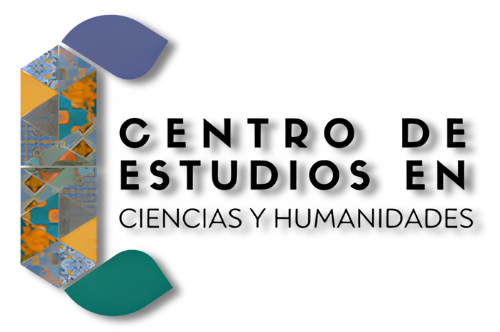Higher education in Mexico, Covid-19 and the emerging response: the case of Universidad Autónoma Metropolitana Xochimilco
DOI:
https://doi.org/10.61497/zwf5xn37Keywords:
COVID-19, remote learning, higher education in Mexico, organizational communications, organizational communicationAbstract
Adapting all activities of one of Mexico’s largest universities to fit a virtual format is not an easy task, since it requires deep knowledge of the entire organizational structure, its dynamics and its legislation. This paper analyzes the response of the Universidad Autónoma Metropolitana (UAM) Unidad Xochi- milco, where the Emergency Program for Remote Education (PEER) was used (in combination to other measures) to warrantee continuity in the academic tasks during the COVID-19 outbreak. Basing on a graduate student’s life story, we reconstruct the implementation of PEER to analyze it from three perspectives: program implementation, organizational communication, and decision-making associated vulnerability. Our analysis reveals a series of tensions between the contents of the university legislation and the way in which window actors, such as students and workers, experienced the process of bringing the activities into an online and distance format. Our results suggest that certain deficiencies in organizational communication are affecting the capacity of the UAM to respond efficiently to emerging situations while maintaining its structure as a participative and decentered university. Likewise, we point out the relevance of generating protocols that help guarantee the protection of vulnerable groups in the university community as part of the decision-making processes. Finally, we discuss further research lines to deepen this educational-organizational phenomenon.
Downloads
Published
Issue
Section
License
Copyright (c) 2024 David Sebastián Contreras Islas, Diana Minerva Espejel Alejandro, Roberto Flores Rojas (Autor/a)

This work is licensed under a Creative Commons Attribution-NonCommercial-NoDerivatives 4.0 International License.
Los artículos publicados en esta revista están bajo una licencia Creative Commons Atribución-No Comercial 4.0 Internacional (CC BY-NC-ND 4.0 ). Esto significa que los autores conservan sus derechos de autor y permiten que otros compartan y distribuyan el contenido con el debido reconocimiento, pero sin fines comerciales. No se permite la creación de obras derivadas a partir de este contenido.
Revista Ciencias y Humanidades © 2015 by Centro de Estudios en Ciencias y Humanidades del Instituto Jorge Robledo is licensed under CC BY-NC-ND 4.0











